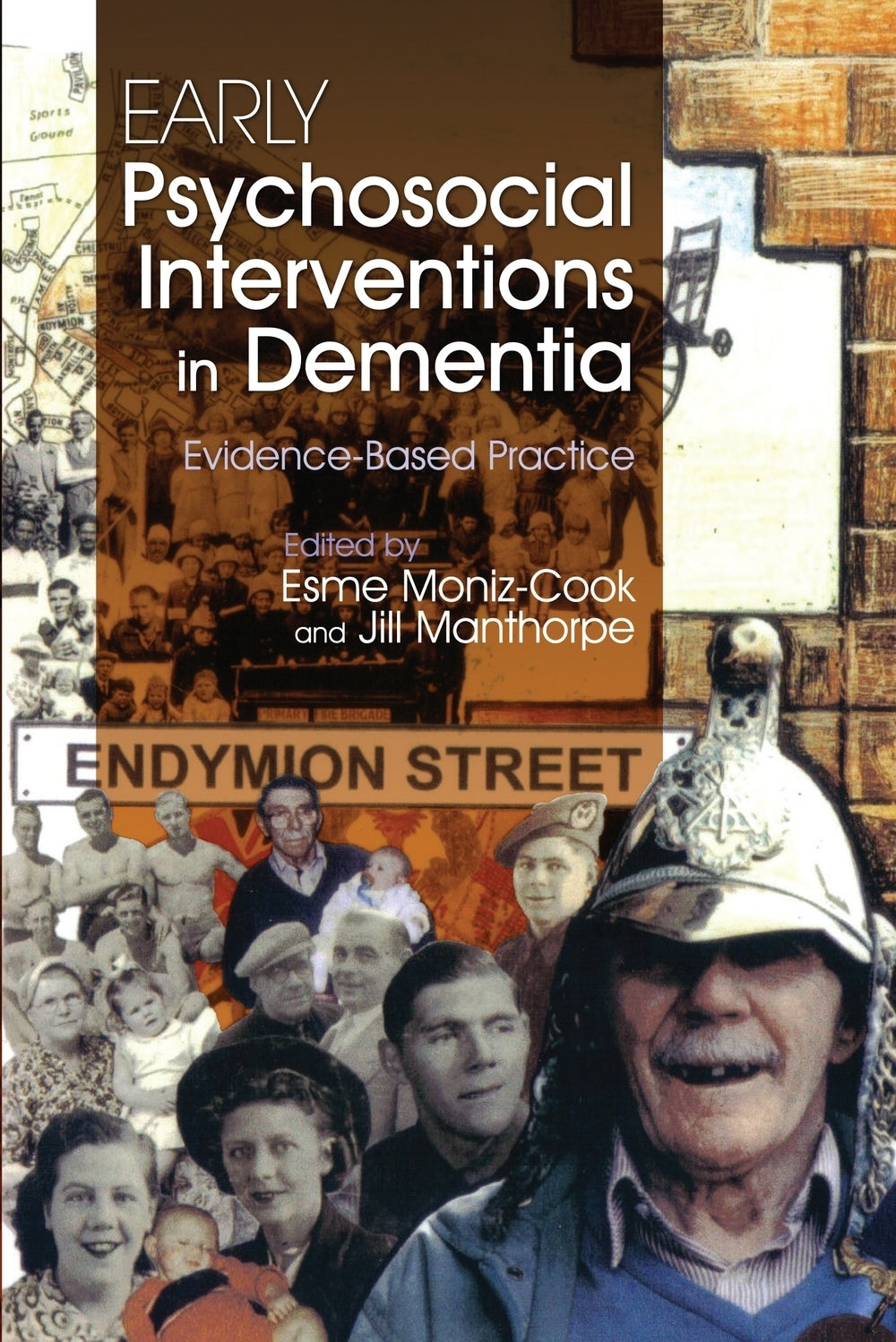
Press Reviews
HCPJ, Sara Perren, Psychodynamic counsellor and group therapist
This is quite an achievement for a book about evidence-based practice. It is humane, thoughtful and inspiring; appropriate reading for any professional working in dementia care.
The Journal of Ageing & Society
Thankfully Moniz-Cook and Manthorpe in Early Psychosocial Interventions in Dementia provide commissioners and practitioners with a goldmine of evidence-based practice with which to change, develop and deliver a range of psycho-social dementia services and interventions.
Dementia Plus
This is a wonderful book available just at the right time. Every Memory Service should have several copies to use as framework reminding us what can be done - and what must be done. Teams can use them for shared study and planning. We can then add our own wisdom to the existing chapters and perhaps write a few more through the exercise of reflective audit and operational research.
Plus
As a publication it is both timely and encouraging... The book's emphasis throughout is upon early dementia. It is devoutly to be hoped that the forthcoming implementation of the strategy will incorporate some of the evidence-based "interventions" (non-medical treatments/services) described in the book. At the very least there is so much of value that should be included in the training of all working in the field. A prime example is the excellent chapter on what (and how) to tell people with dementia about their diagnosis. This is a major contribution that brings much encouragement.
British Journal of Social Work
This book offers a fascinating insight into the range or creative and helpful interventions being developed qith and for people living with a dementia... A book of this type is to be warmly welcomed, given the scarcity of evidence-based practice in psycho-social interventions, and the challenge of implementing interventions that have demonstrably improved the lives of people living with a dementia.
Nursing Standard
This excellent book considers early psychosocial interventions at the time of diagnosis, cognition and memory-oriented support, psychological and social support, and the service developments in which these interventions can be based.
Christian Council on Ageing
There is so much of value that should be included in the training of all working in the field. This is a major contribution which brings much encouragement.
Division of Clinical Psychology Forum.
Contributions from health and social care professionals from the UK and Europe are cleverly combined to offer a comprehensive, informative and interesting account of tried and tested interventions for the person with early dementia... The easy to read guidance and advice will appeal to the busy professional, this book works well when read as a whole but is also perfect for quick reference. The guidelines for choosing the appropriate psychosocial interventions are set out clearly in a table which briefly explains the aim, the task, the intervention and relevant chapter for further reading... An essential read for every professional working with people with early dementia.
